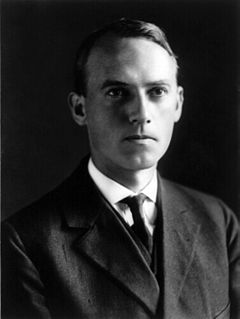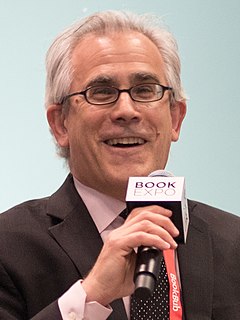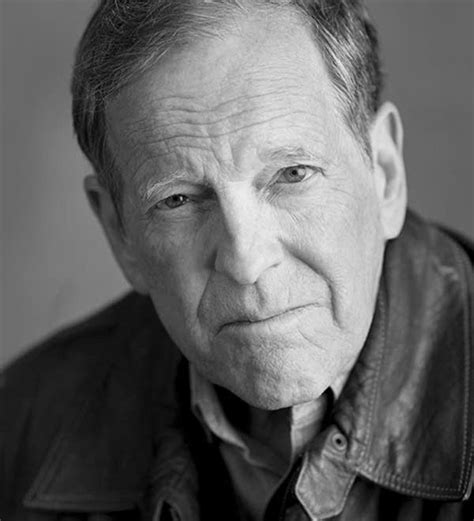A Quote by Rutherford B. Hayes
My policy is trust, peace, and to put aside the bayonet. I do not think the wise policy is to decide contested elections in the States by the use of the national army.
Related Quotes
This is the problem with foreign policy - talking about foreign policy in a political context. Politics is binary. People win and lose elections. Legislation passes or doesn't pass. And in foreign policy often what you're doing is nuance and you're trying to prevent something worse from happening. It doesn't translate well into a political environment.
We welcome the Obama administration's policy called the 'pivot to Asia' because it is a contributing factor to the safety and peace of the region. I think this pivot policy is playing an indispensable role in enhancing the deterrence of the U.S.-Japan alliance as well as ensuring peace and security in the Asia-Pacific region.
We thank those Senators, both Republican and Democrat, who stood firm against tremendous pressure from the Bush administration, pro-drilling members of Congress and their allies in the oil industry. They recognize that the budget is an inappropriate place to decide controversial national policy matters like America's energy policy. We urge all members of Congress to remain steadfast in their belief that the vast, unspoiled wilderness of America?s Arctic National Wildlife Refuge is more than a line item in the Federal Budget.
Oil policy, policy toward the United States, policy toward Iran, Bahrain, Yemen, very unlikely, I think, to see significant change. These policies were the policies that had a wide family consensus. The question I think would be if the king becomes sick, whether you have weak Saudi leadership in the Arab world and the Middle East rather than strong Saudi leadership, but I think the fundamental policies will continue, the ones we’re familiar with under King Abdullah.
Foreign policy always has more force and punch when the nation speaks with one voice. To remain secure, prosperous, and free, the United States must continue to lead. That leadership requires a president and Congress working together to fashion a foreign policy with broad, bipartisan support. A foreign policy of unity is essential if the United States is to promote its values and interests effectively and help to build a safer, freer, and more prosperous world.

































